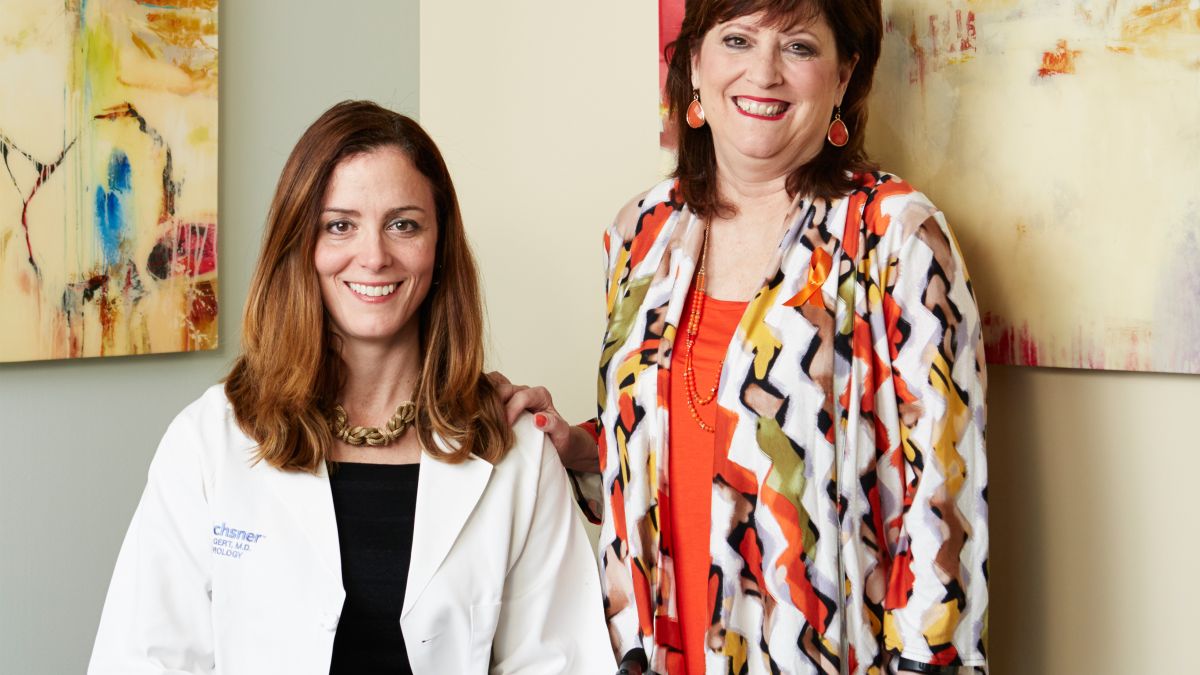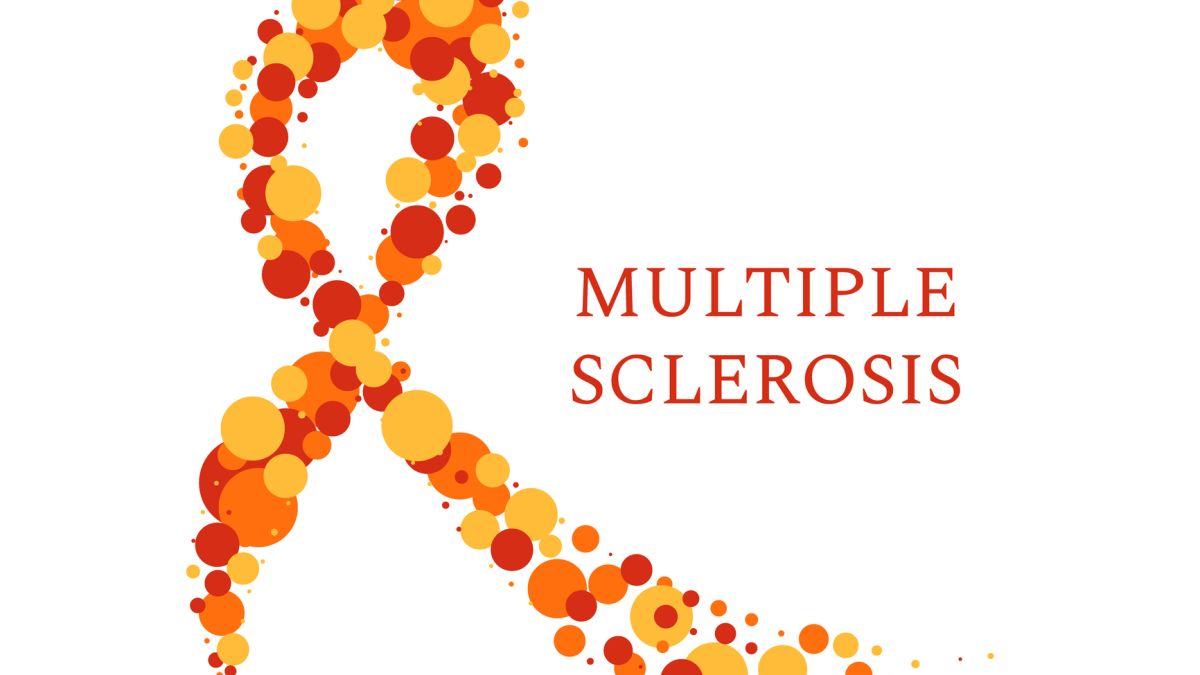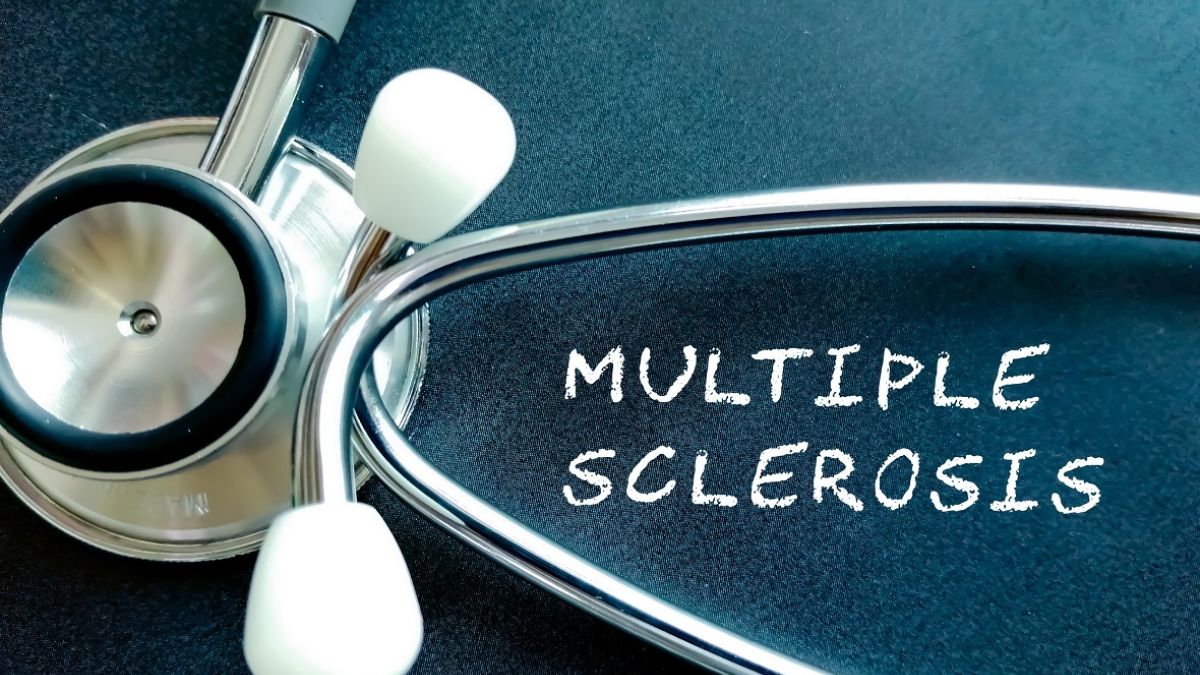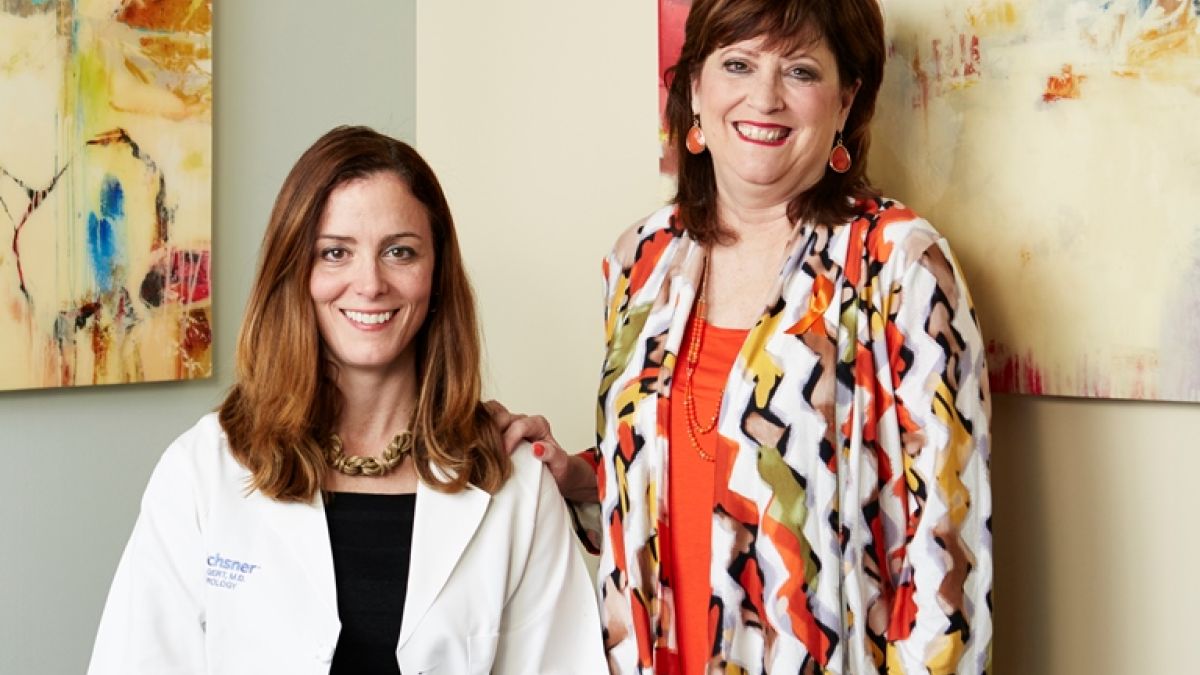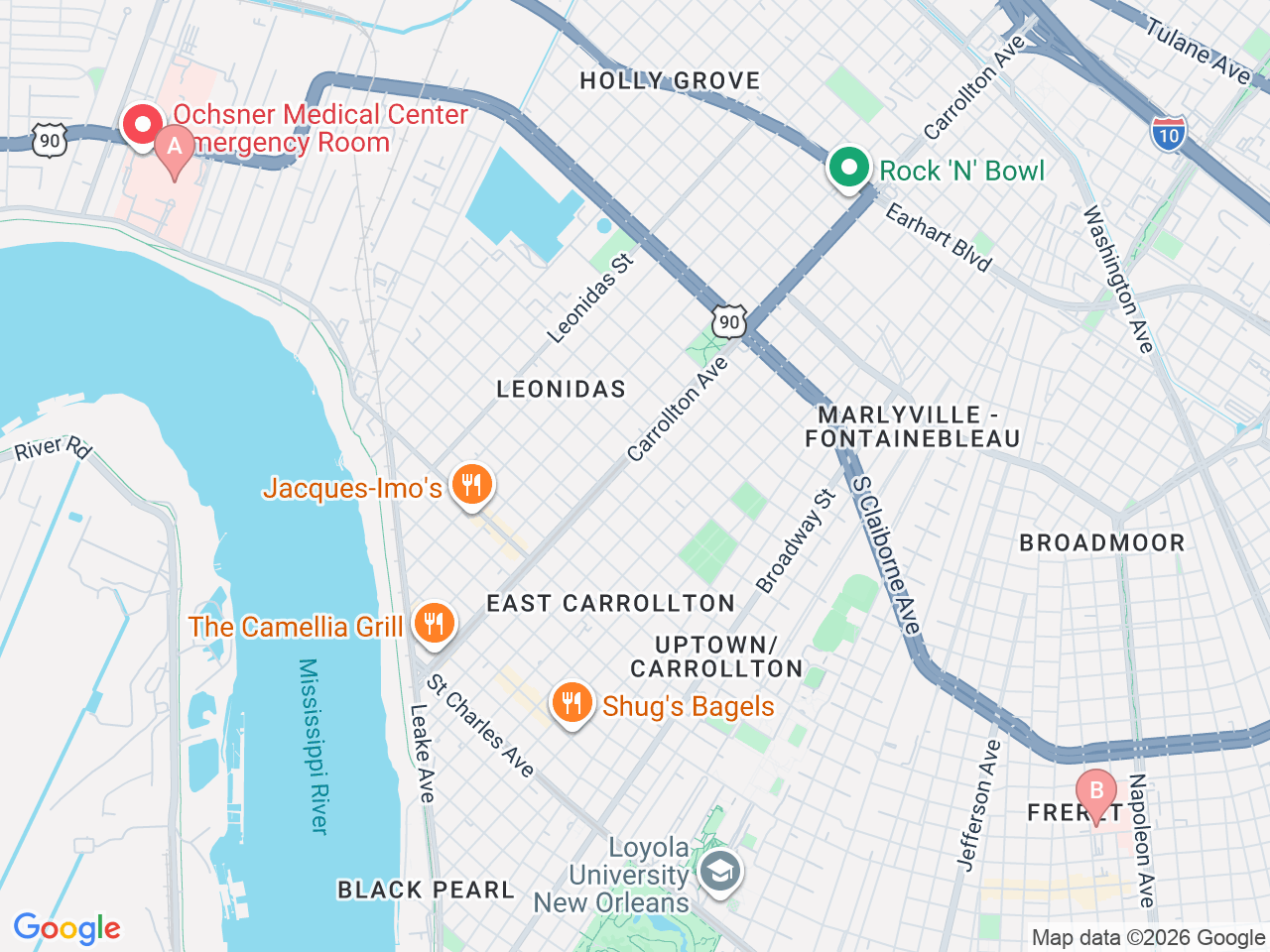Why patients trust Ochsner Health for MS care
Ochsner Health offers specialized care for multiple sclerosis patients. The Desi Roth Harrison Center for Multiple Sclerosis is in New Orleans, Louisiana. The center focuses on wellness, with counseling on diet, exercise, stress management and vitamin supplementation. Patients from across the Gulf South come to Ochsner for advanced immunotherapies and symptom treatments.We’re committed to turning the latest research into better outcomes, providing innovative care every step of the way. To support overall well-being, we also offer on-site mental health services and yoga classes designed for MS patients. With expert care and a focus on your health, Ochsner Health is here to help you live better with MS.




